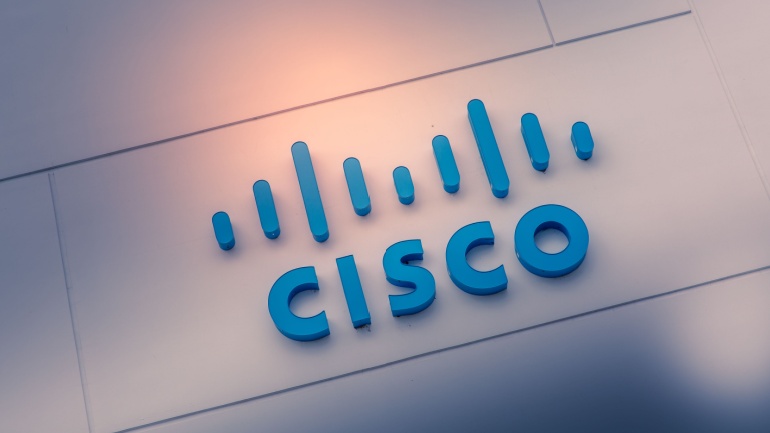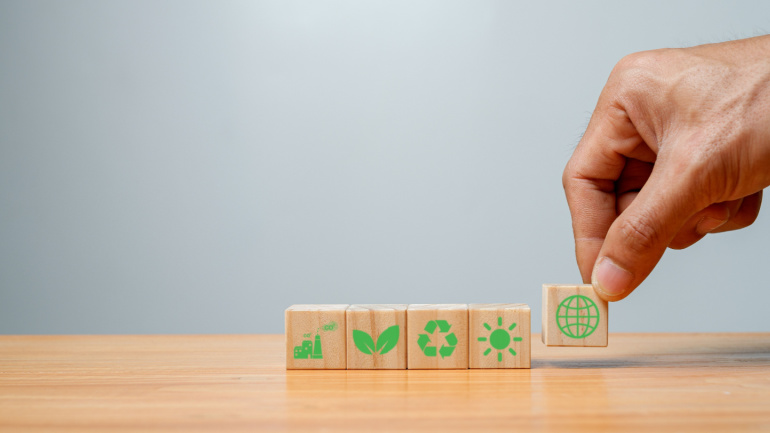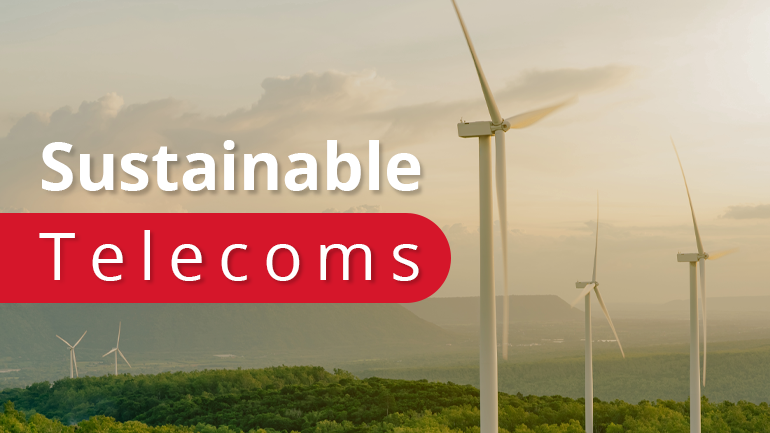Our digital age thrives on devices, but discards them at an alarming rate. This “telecom waste” – phones, laptops, routers – raises ethical concerns beyond just pollution. This article explores the environmental and social issues linked to telecom waste, and proposes solutions for a more sustainable future.
Continuing their established partnership, Swisscom and Ericsson unveiled a multi-year agreement to boost Swisscom’s innovation and increase energy efficiency for its 5G network. The pact includes Ericsson’s Intelligent Automation Platform, facilitating advanced network management. Their united effort aims to significantly enhance user experience, while also pushing for sustainability and substantial operational savings.
GoTo’s Miradore Premium+ is a new subscription tier designed for growing businesses, offering enhanced MDM capabilities. CallTower introduces CT Text with MMS and SMS features in Cisco Webex. NGMN’s report underscores the necessity of industry-standard measures for tracking energy consumption in virtualized mobile networks. Casa Systems is selling its Axyom business to Lumine Group and its cable interests to Vecima Networks due to reduced capital spending.
At Enterprise Connect, Cisco (NASDAQ: CSCO) today unveiled new purpose-built, multifunctional devices that deliver modernized collaboration experiences to today’s hybrid workforce. The company announced the launch of the Cisco Board Pro G2, an AI-fueled and touch-enabled collaboration device and Cisco Desk Phone 9800 Series, designed to bring a modern and personalized productivity hub to any desk.
At the recent MWC Barcelona 2024, industry leaders Huawei convened the Green Development Elite Club, a stage for key representatives from prominent organizations to illuminate their vision and effort for Green Target Networks. These networks aim to foster sustainable growth, using state-of-the-art computing power and AI to transform operations.
In 2024, the telecom industry is witnessing a transformative shift driven by evolving customer needs, technological advancements, and environmental concerns. Key trends include the rise of self-service platforms, the migration to VoIP as PSTN becomes obsolete, standalone 5G networks taking center stage, AI integration for enhanced connectivity, and a strong commitment to sustainability. These trends are reshaping how telecom carriers operate and innovate, promising new opportunities in a rapidly changing landscape.
Ooredoo drives Qatar National Vision 2030 with a widespread fiber rollout, covering 99.9% of households, maintaining high service levels and introducing innovative technologies. Vodafone UK advocates for the implementation of 5G SA technology, citing its transformative impact on industries, such as renewable energy and agriculture. CableLabs has made strides in deploying 10G network in 2023, advancing DOCSIS 4.0 technology, issuing CPON architecture specifications, and accelerating FTTP adoption. Microsoft’s new Copilot key represents a groundbreaking addition to Windows keyboards, integrating AI seamlessly and signaling a significant shift after three decades.
Switching to a cloud-based VoIP system has the potential to cut CO2 emissions from telephony equivalent to removing 22 million cars from the road. In an era prioritizing sustainability, traditional landlines contribute to significant carbon footprints and electronic waste. VoIP, utilizing the internet’s power, eliminates physical infrastructure, reduces electronic waste, and operates efficiently. Beyond resource conservation, VoIP’s energy efficiency, support for remote work, and future innovations, including AI optimization and renewable energy sources, position it as a sustainable solution. Join the movement for a cleaner world with every VoIP-powered conversation—a pledge to the planet.
Unveiling a battery and solar-powered 5G site in Texas, Ericsson demonstrates an innovative and eco-friendly approach to creating energy-smart network solutions. This next-generation site not only offers enhanced energy management, potentially trimming operational expenses and reducing energy consumption, but also hints at lucrative future revenue streams from selling excess power. As Ericsson continues to explore greener alternatives, it’s intriguing to see how telecom companies worldwide will adopt this sustainable model.
Ericsson plans a €155 million investment for a smart manufacturing hub in Tallinn, Estonia. BT will reduce its workforce by 1,100 at Adastral Park while investing in modernization. Cellnex acquires full control of OnTower Poland, expanding its tower portfolio. Unicon launches an enhanced partner program for resellers in end-user computing. NEC introduces a generative AI service to drive business transformation.













